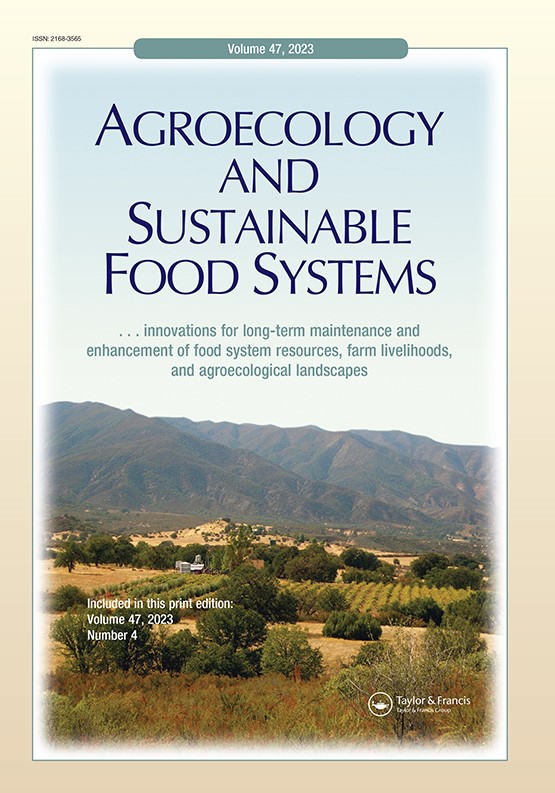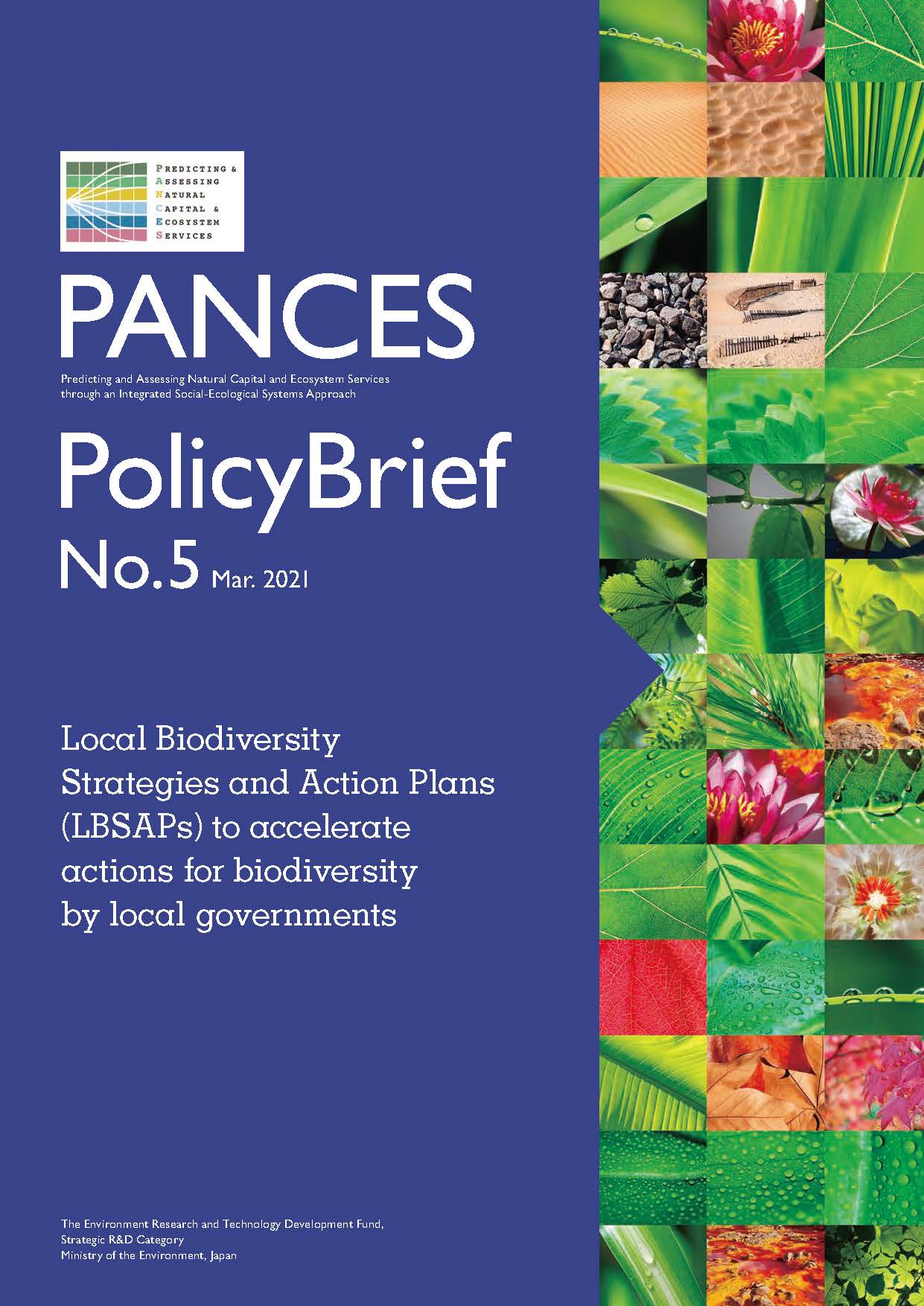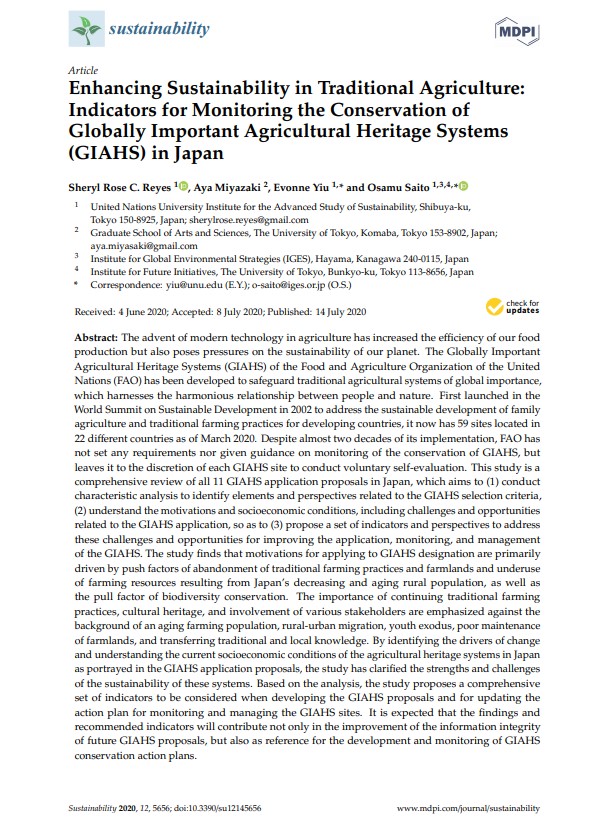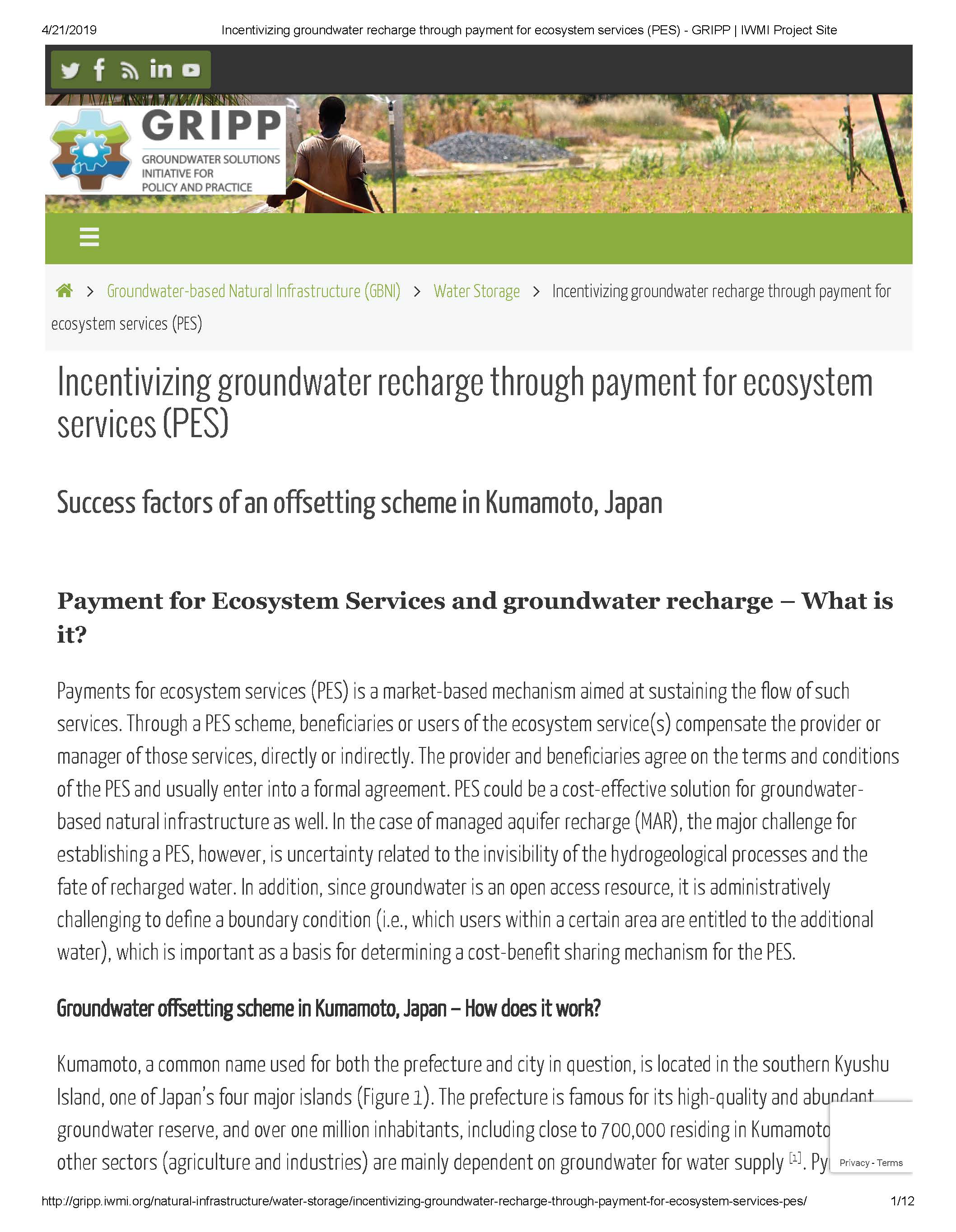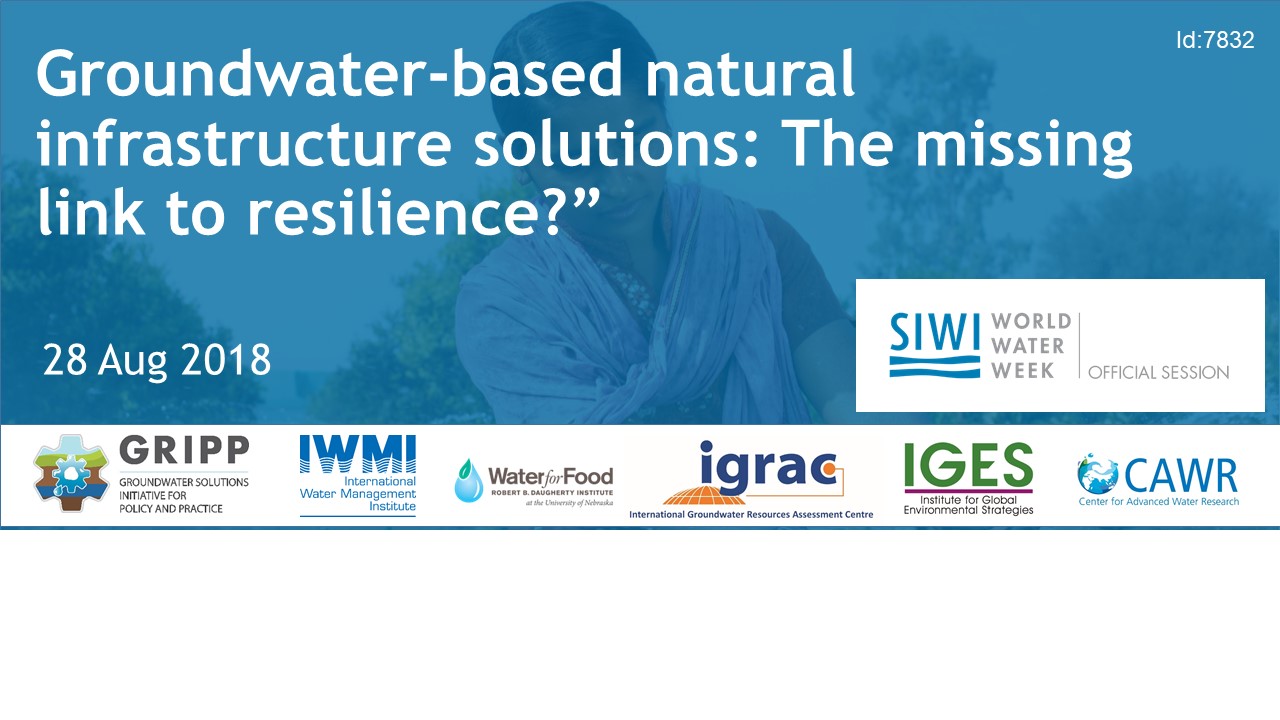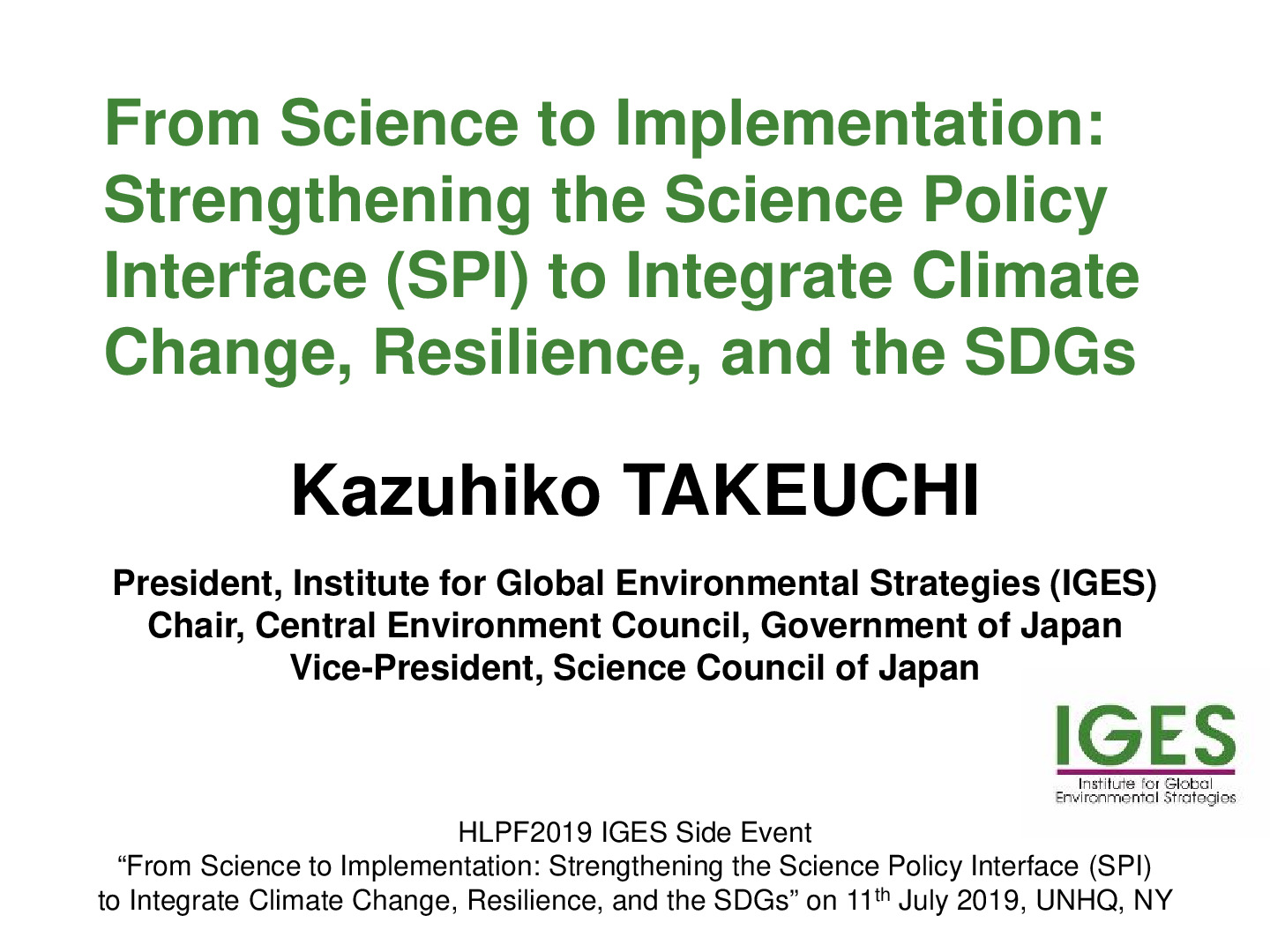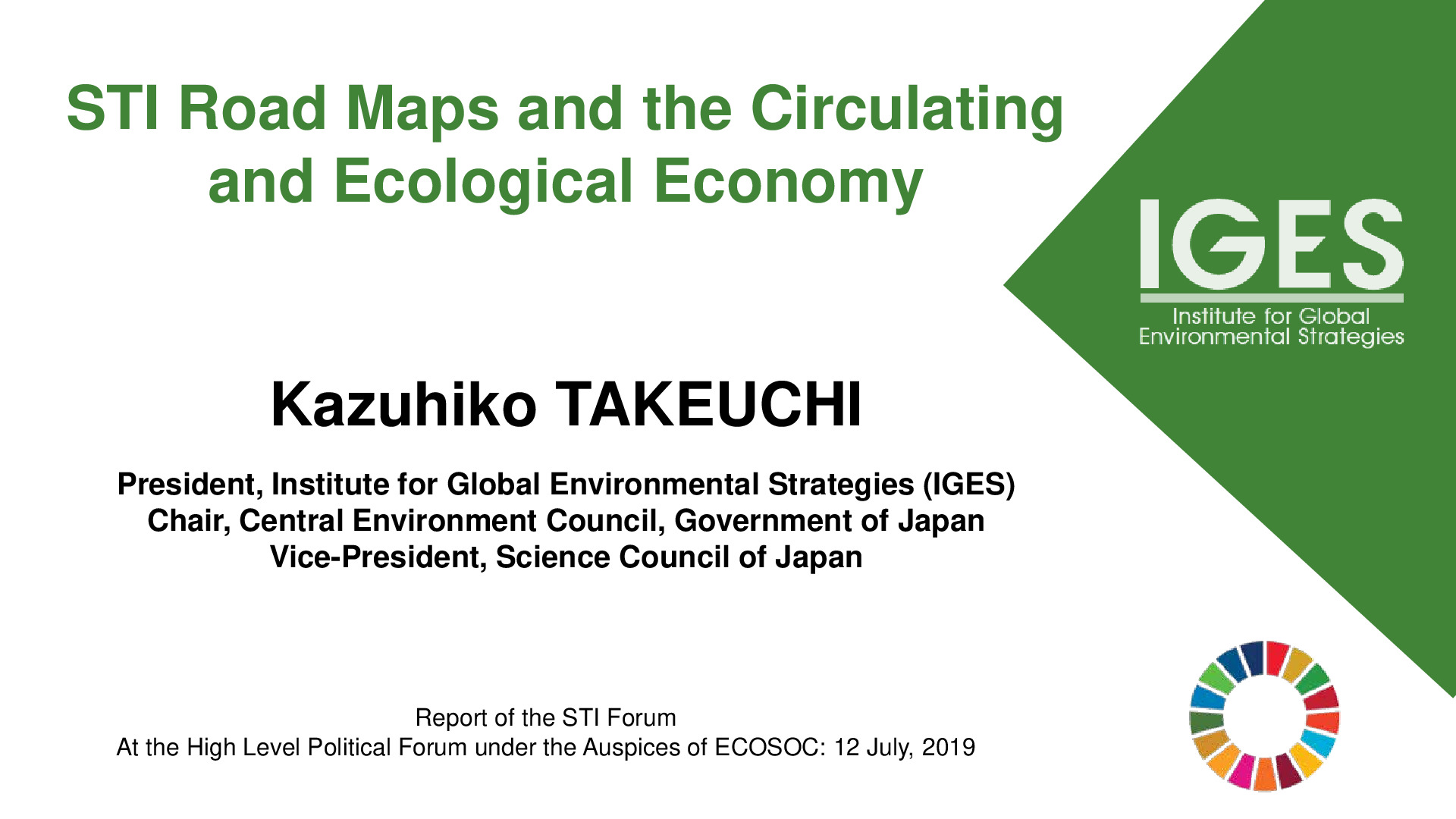In Sustainability Science
There has been broad recognition that current food systems need to go through a process of transformation and transition. In the similar way that other areas have transitioned to be more sustainable, the transition process for food systems has some issues related to justice in terms of achieving more sustainable and inclusive food production...


